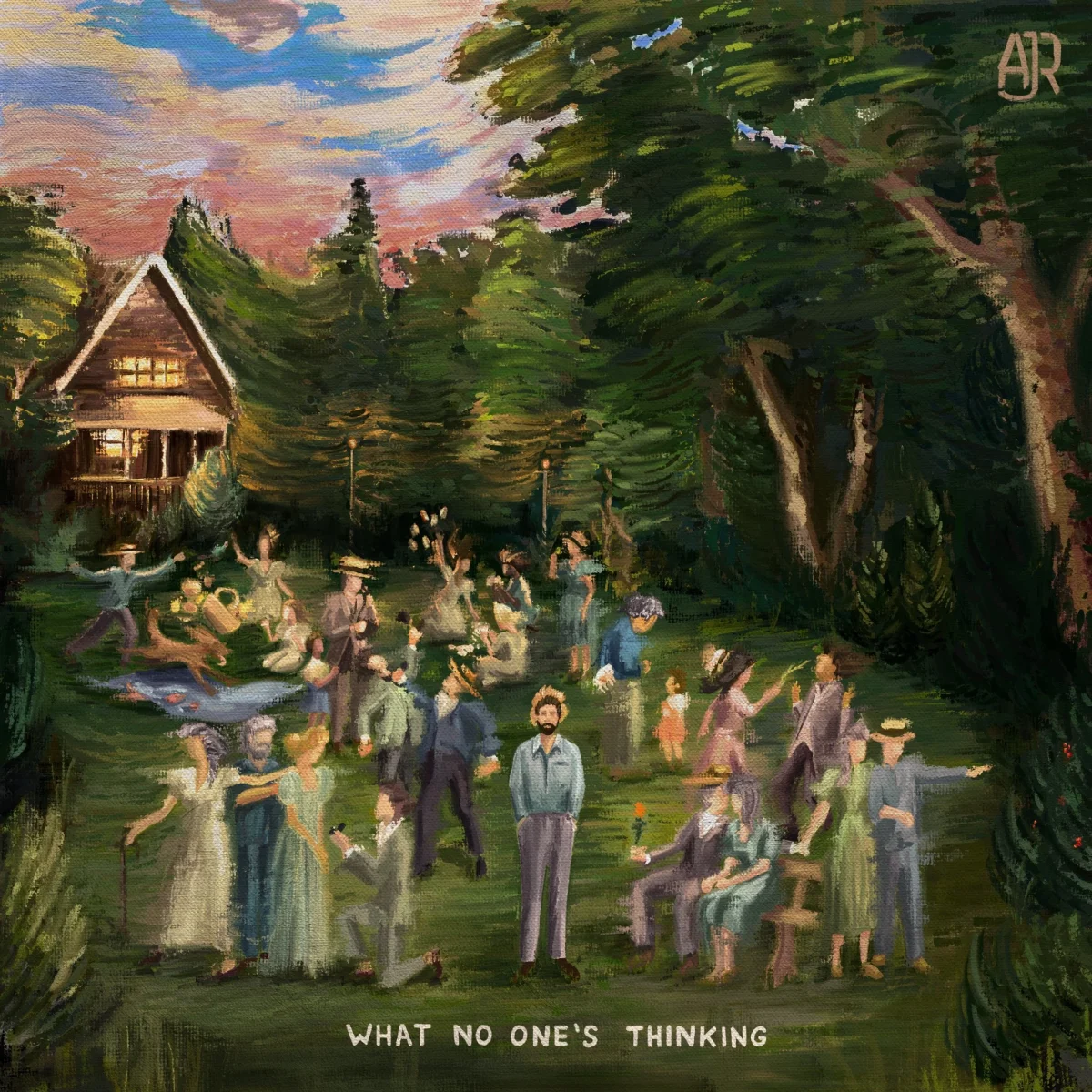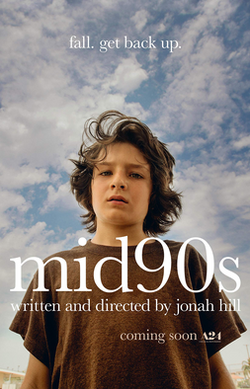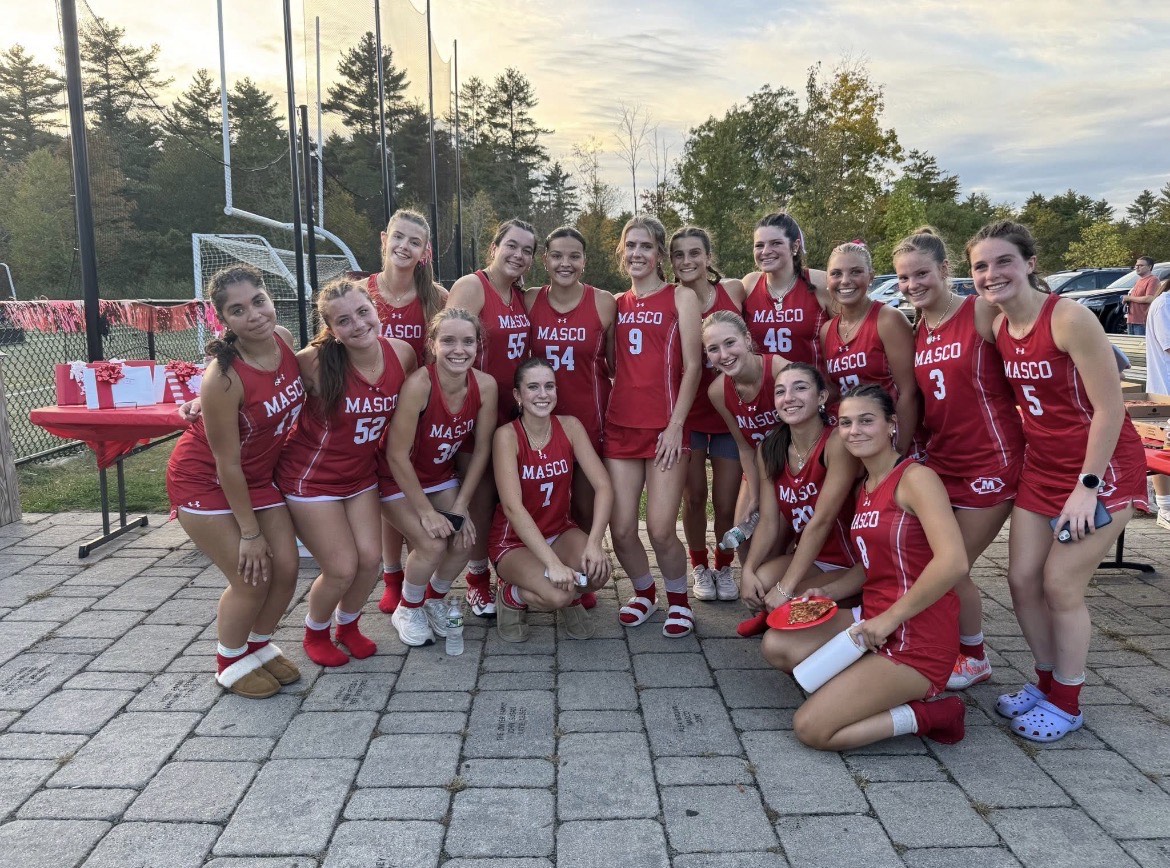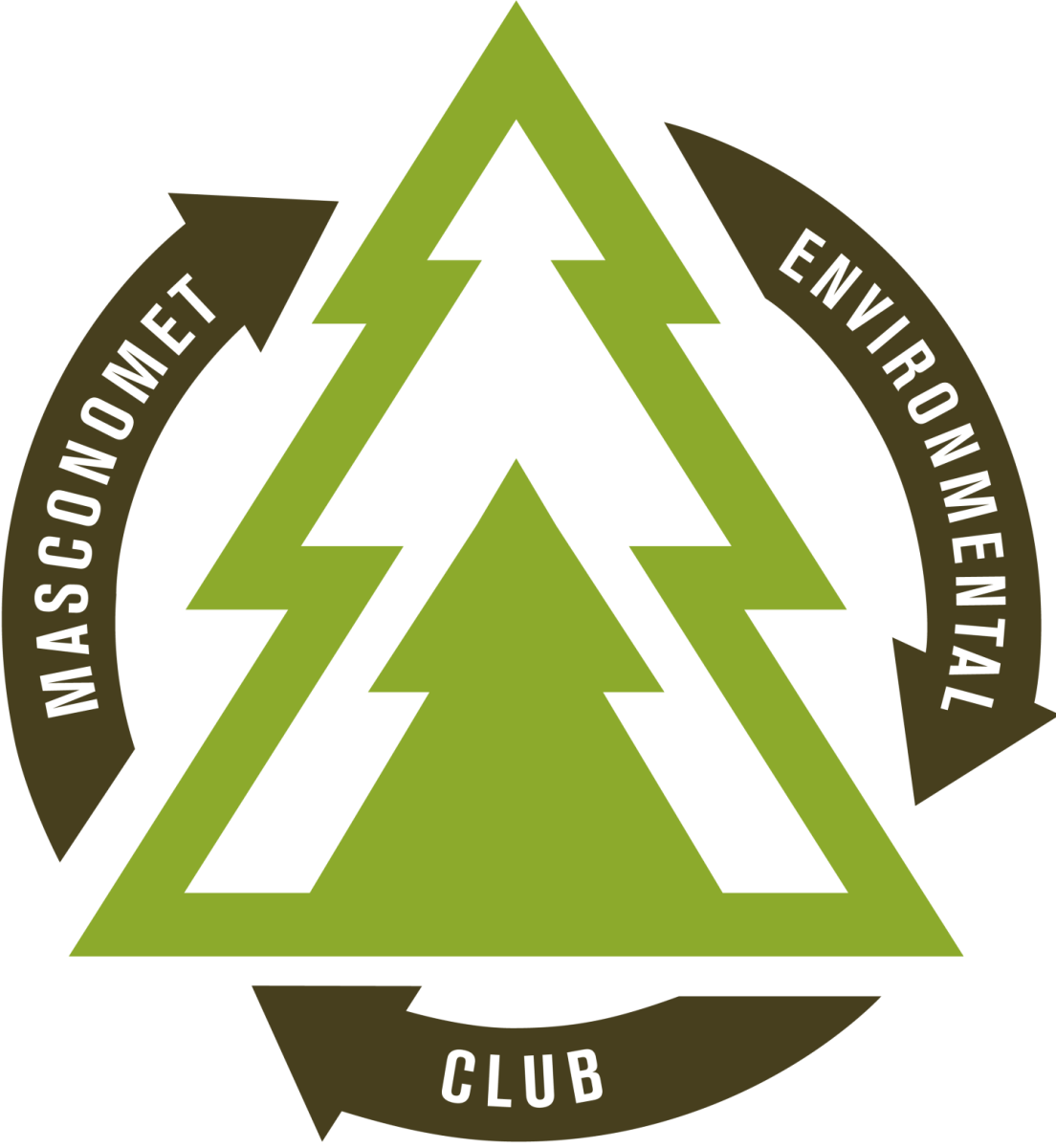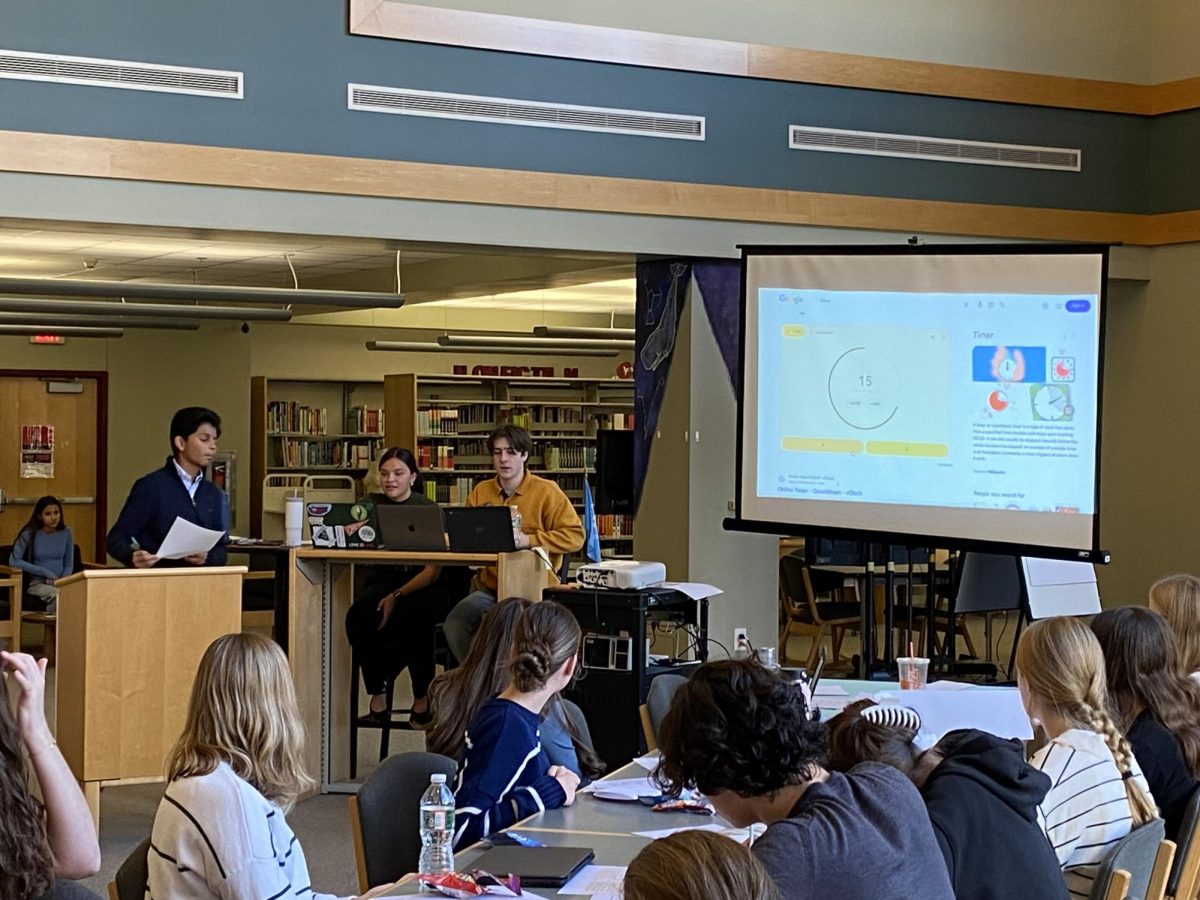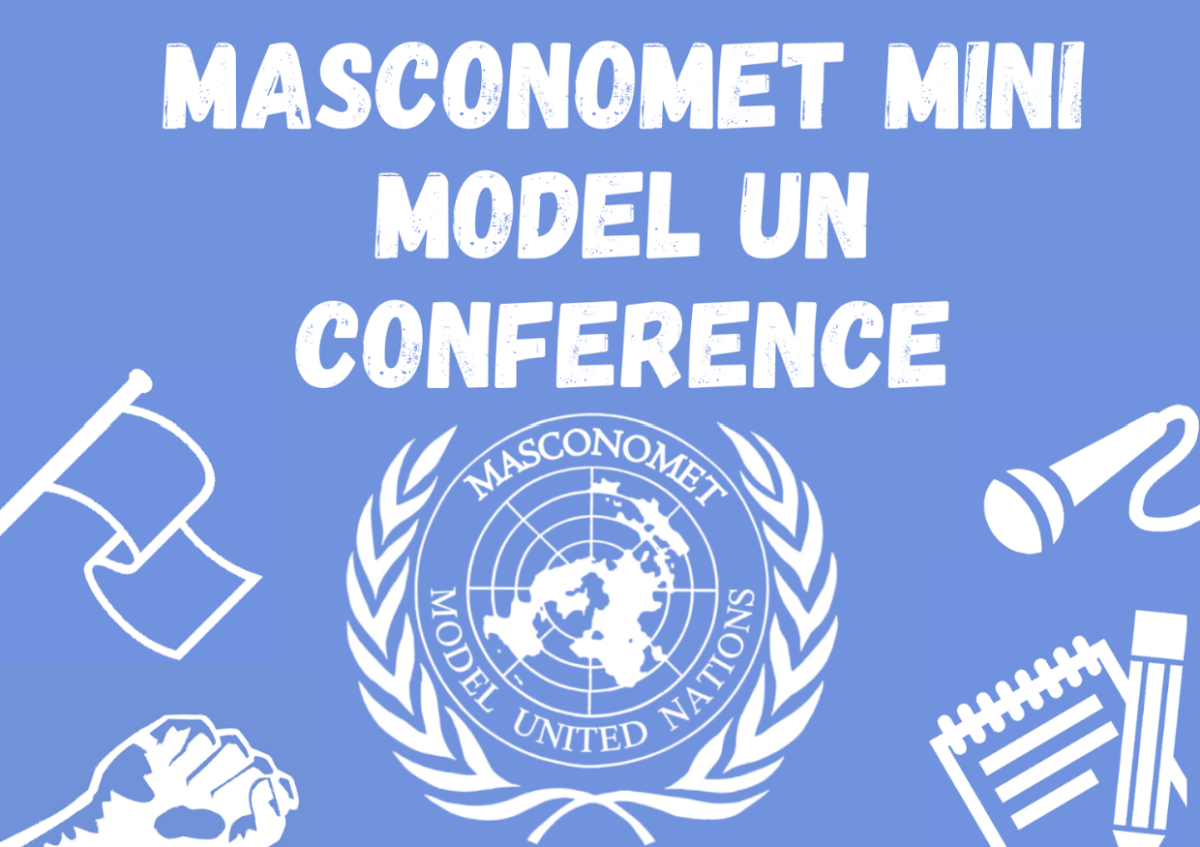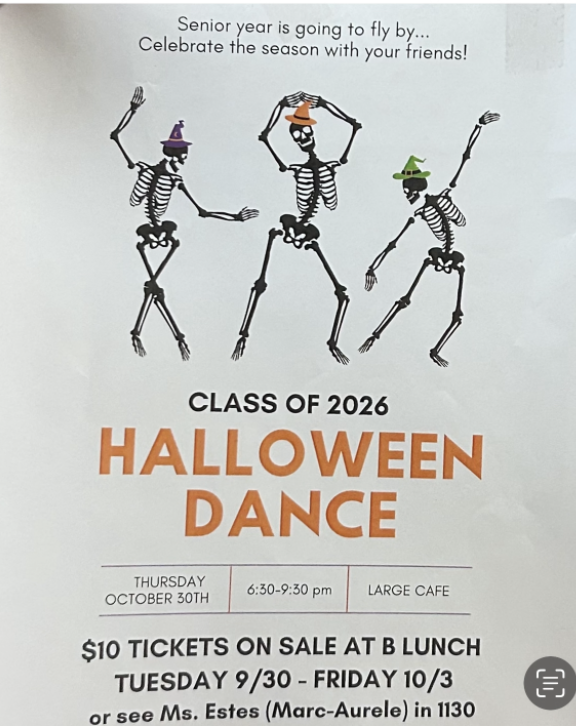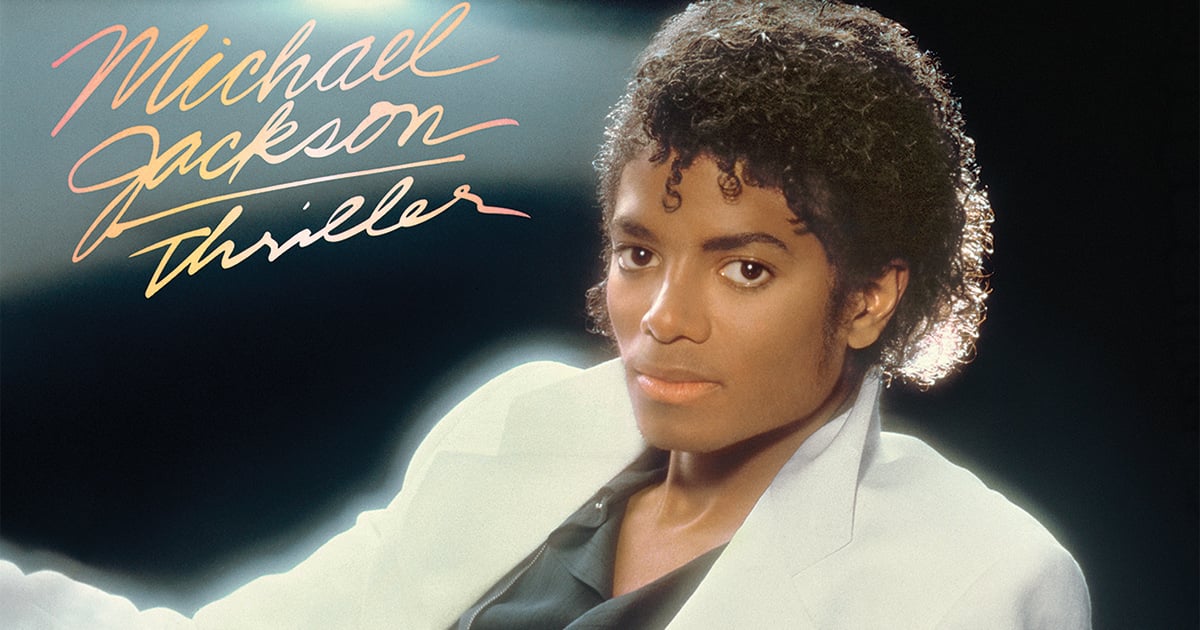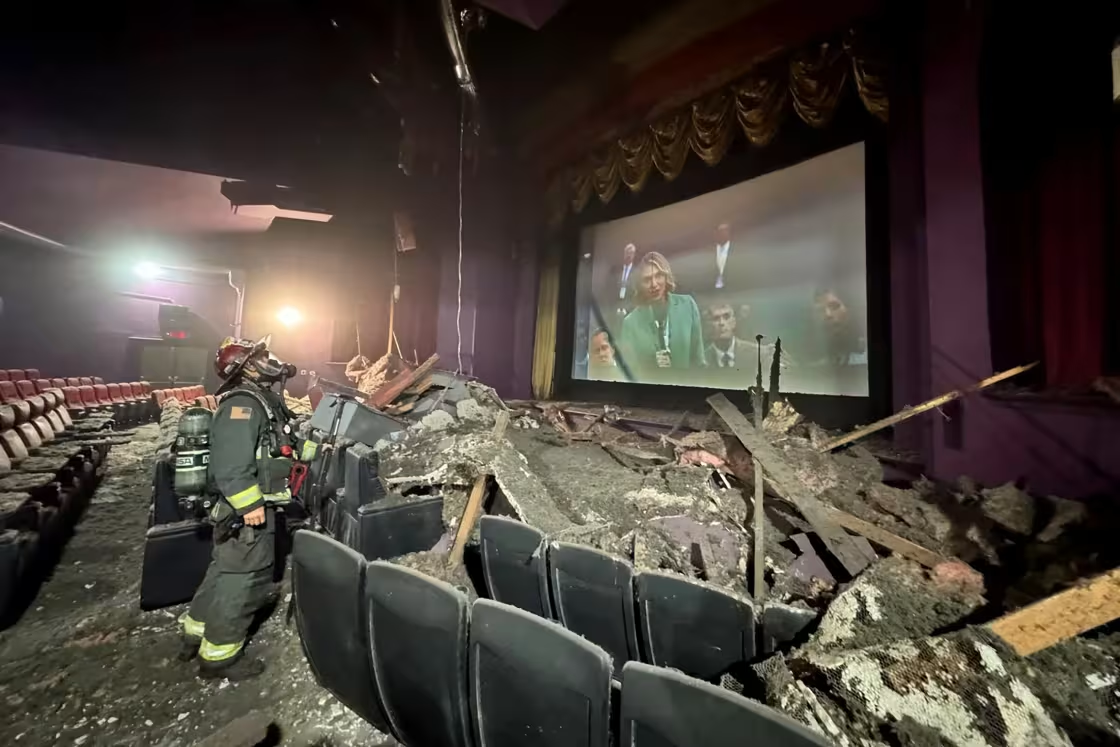Masco’s Environmental Club has officially kicked off their year, with hopes that in spite of recent challenges, they will… “It was much bigger, there was a lot of involvement, but COVID killed the engagement,” said advisor Laura Greeley.
This year, under the leadership of returning officers, it’s trying to go bigger and beyond.
“I want to bring back documentary screenings, do beach walks/cleanups, and get our school involved in recycling again,” said senior Bella Mahon.
While the club used to have a completely packed auditorium for documentary screenings, and even rented out event tents for movies, this has not been true in recent years.
But the loss of the Environmental Club’s biggest program is something that current students still feel: the recycling and compost containers in the cafeterias.
“Pre-pandemic, the biggest initiative that we had was composting,” said Greeley.
Composting was part of one of three different options when students threw their lunch away, in addition to recycling and regular trash. The club’s initiative made this process especially easy with brightly covered labels.
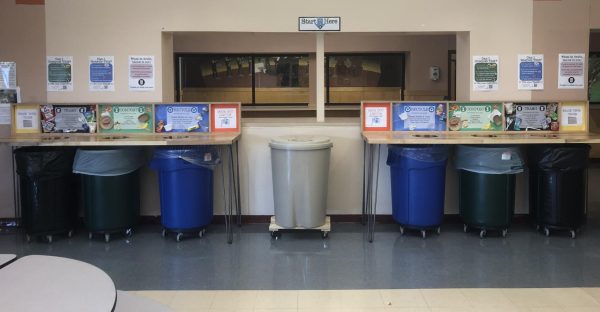
Now, said trash cans are all used for regular trash, no more sorting, which eventually just leads to more pollution on campus and in the world.
This club’s message is especially important, considering that Masco and all three tri-towns are on wetlands, which are important to transition from more land and mountainous zones to ocean zones, they hold valuable species that are actually currently endangered or threatened.
“This year, my goal is to encourage more students to get involved in our projects. With larger participation, the impact we can have on both our environment and community would be much greater. I want to help create a welcoming space where everyone feels empowered to contribute their ideas and services,” said senior Elizabeth Shoemaker.
Students can join the club to actively participate in helping our environment. Including community service clean-ups, working on a bi-weekly newsletter, and building bulletin boards.
“People should join this club because it’s a real chance to make a difference and connect with others who care about the environment,” said Shoemaker. “It’s not just talking about what we should do to make a difference, but it’s about taking action. Whether you want to volunteer, share ideas, or lead projects, this club is a welcoming place where you can get involved and make an impact.”
While the club is tackling very overwhelming issues, club members have found ways to stay positive.
“Being part of this club has made me more aware of everyday choices and their impact on the planet. I’m more mindful about reducing waste, conserving energy, and advocating for sustainable practices in my daily life,” said Shoemaker.
Mahon agreed, highlighting the fun activities a member can do if involved.
“After learning from cleanups, bulletin boards, and other informative things we’ve done, I have focused more of my attention on the issues that surround us daily. Being in this club, I have learned ways to be environmentally conscious and why it is so important to be careful about the way I treat nature,” said Mahon.
Almost everyone in the club has agreed—it feels really nice to know that members are making an impact, big or small. The Environmental Club is tackling a problem that should be on more of our radars.




